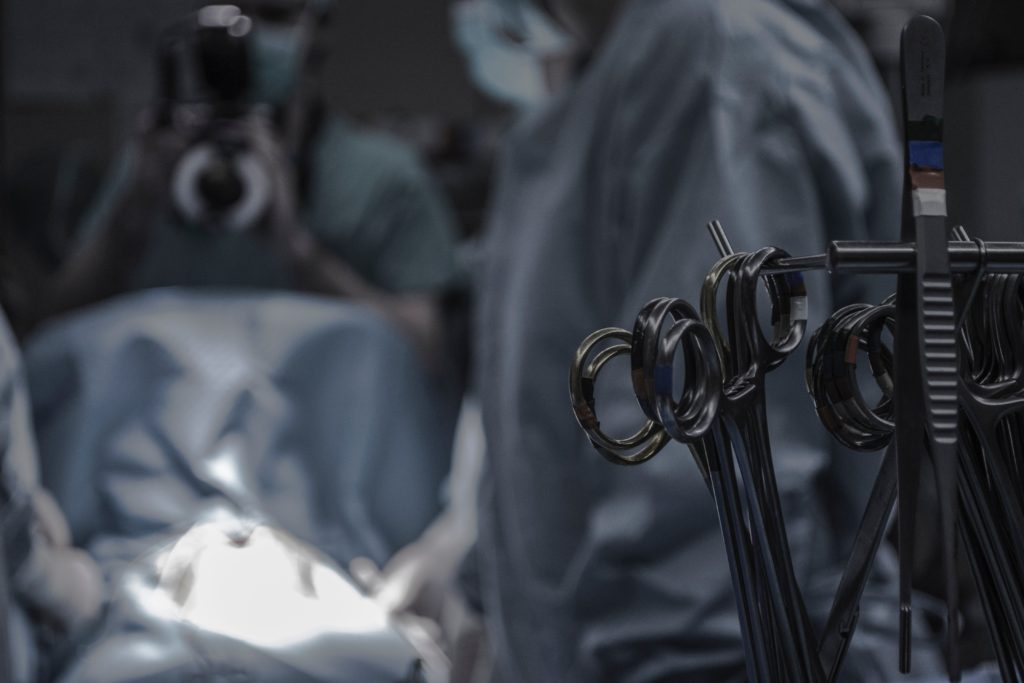An April 25th article in the Golden Gate Xpress about donating eggs raises important issues for young women considering this option. It reminds us, too, of an email sent to an SFSU faculty member in September 2017 asking that she inform her students about how young women could provide/sell their eggs to UCSF’s Center for Reproductive Health.
Unlike many other requests for eggs to help infertile women become pregnant, this email pitched directly to the pocket book. Students can donate up to six times for the hefty sum of $10,500 each time, it told the professor. The money, it said, can help students pay their tuition and other expenses.
This is not an appeal made to the students themselves. Instead, it solicits professors to use their authority and influence (and email lists of students) to encourage young female students to bolster their finances with a decision that could adversely affect their health. It is a deeply troubling request for faculty members to abuse their positions of power and trust.
The email makes no mention of the risks of egg extraction, despite the fact that many of the short-term risks are well-documented. Nor does it mention the inadequate evidence about whether or not there are long-term risks. An op-ed that one of us co-authored with Dr. Timothy R.B. Johnson, director of obstetrics and gynecology at the University of Michigan in Ann Arbor, underscored the lack of long-term research in this field, a continuing problem even into 2018. Given the paucity of reliable evidence about these risks, it is especially inappropriate that faculty be called upon to serve as recruiters for egg providers.
Why do we now see more exhortations further normalizing the idea that egg extraction is a relatively risk-free choice for these young women – whether they intend to provide eggs for others or freeze their own eggs for later use? Some scientists have even sought to acquire eggs for their research (unrelated to the work of fertility clinics) and support the idea that young women be paid for eggs to be used in this way (New York is one state that currently allows payment for eggs for research).
Since 2013, the American Society for Reproductive Medicine has twice sought to pass legislation in California that would also legalize payments to women providing eggs for research purposes. These bills were defeated because of Gov. Jerry Brown’s veto (AB 926, 2013) or his indication to do so (AB 2531, 2016). Efforts of a coalition of women’s health, reproductive justice and public interest organizations were key in helping the Governor to understand that the health effects of egg provision are under studied; that low-income women, women of color, and immigrant women are the ones most likely to be affected; and that a policy allowing payment for eggs for research conflicts with national recommendations for federal policy.
There has also been more promotion of egg harvesting in the fertility context. Ads pitched to young women (asking them to help others seeking assisted reproduction services) almost always offer substantial cash sums while noting next to nothing about the risks. Could this have anything to do with how lucrative a field this has become? Many who now run IVF clinics and/or promote egg freezing have substantial economic incentives that may well interfere with their willingness to adhere to safe practices that would serve the interests of young women undergoing multiple egg extraction.
Studies have shown that women who were paid for their eggs were driven not primarily by altruistic motives, although altruism typically played a role, but by the money. With tuition and other expenses becoming an increasing burden for young women, it is no surprise that selling one’s eggs appears as an attractive option, especially when the potential risks continue to be downplayed and under studied. $10,500 for providing eggs is a sizable incentive, and there’s little possibility of thoughtfully weighing that sum against the risks involved when those risks go unmentioned.
Research institutions in particular, and fertility clinics associated with them, should be meticulous in any recruitment efforts, ensuring that potential risks are mentioned during the recruitment process and not just during the more formal informed consent process that occurs later, usually after a young woman is already committed to going forward.
We would urge any woman considering having her eggs harvested to investigate further. She should, for example, visit We Are Egg Donors to read more about the experiences of women who have already pursued this path. Some are satisfied with the outcomes, many are not. One of its co-founders, Raquel Cool, is featured in a short video clip produced for Our Bodies Ourselves as part of the Surrogacy360 website designed especially for those considering surrogacy arrangements.
We need to strengthen current efforts to produce better long-term safety data for all the young women thinking about this option. Although there is one national registry now collecting such information (the Infertility Family Research Registry, based at Dartmouth-Hitchcock Medical Center), participation by fertility clinics and centers is totally voluntary and relatively few institutions are participating. Thus, young women are not likely to find out about its existence should they wish to be part of a registry. It may well be that only a mandatory registry will solve this problem.
In the meantime, faculty members should not be using their positions of influence and ready email access to students to advise engagement in the potentially risky proposition of egg provision.
Judy Norsigian is a co-founder and previous executive director of Our Bodies Ourselves. Gary Richwald, MD, MPH, serves on its advisory board.





